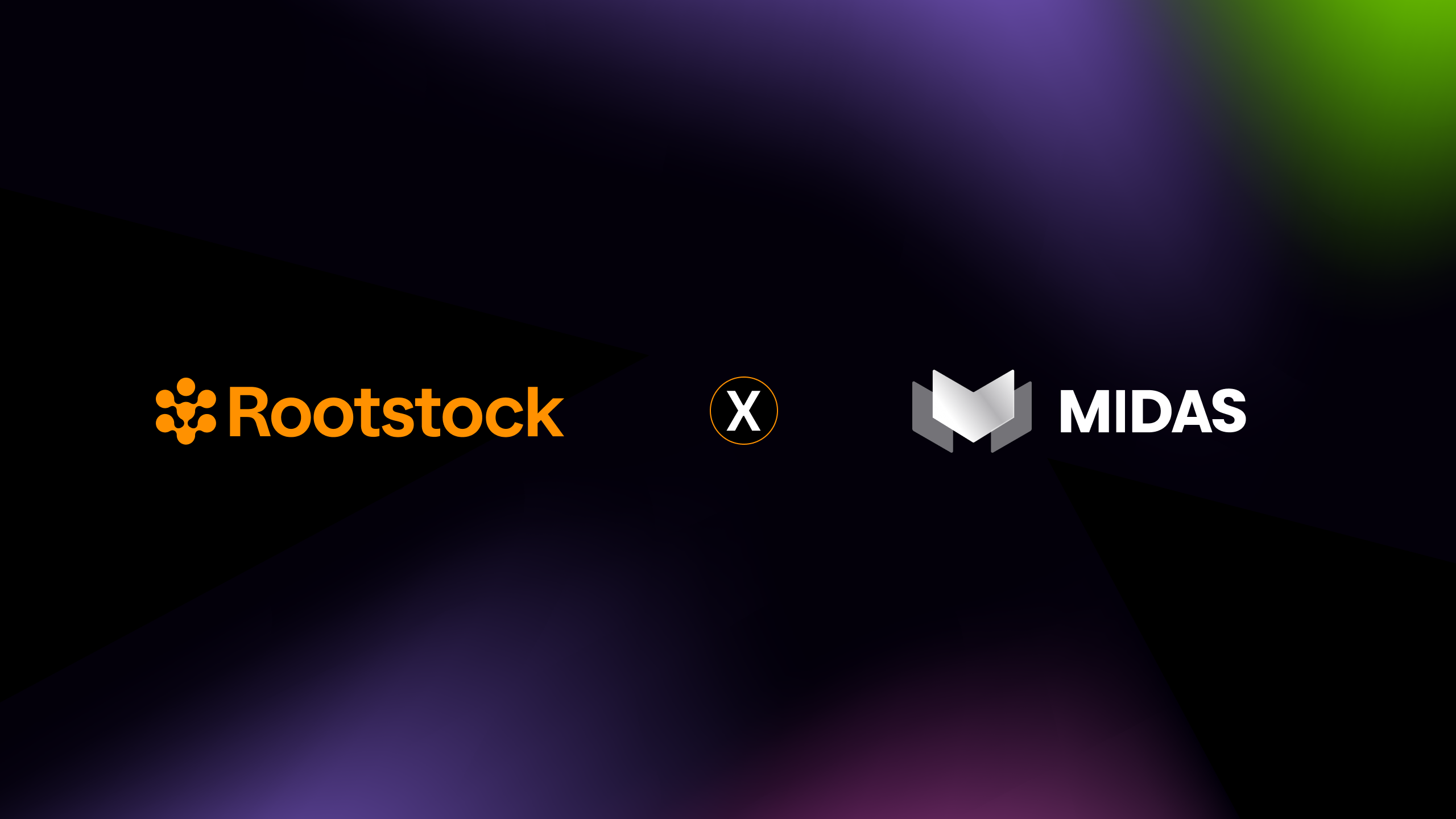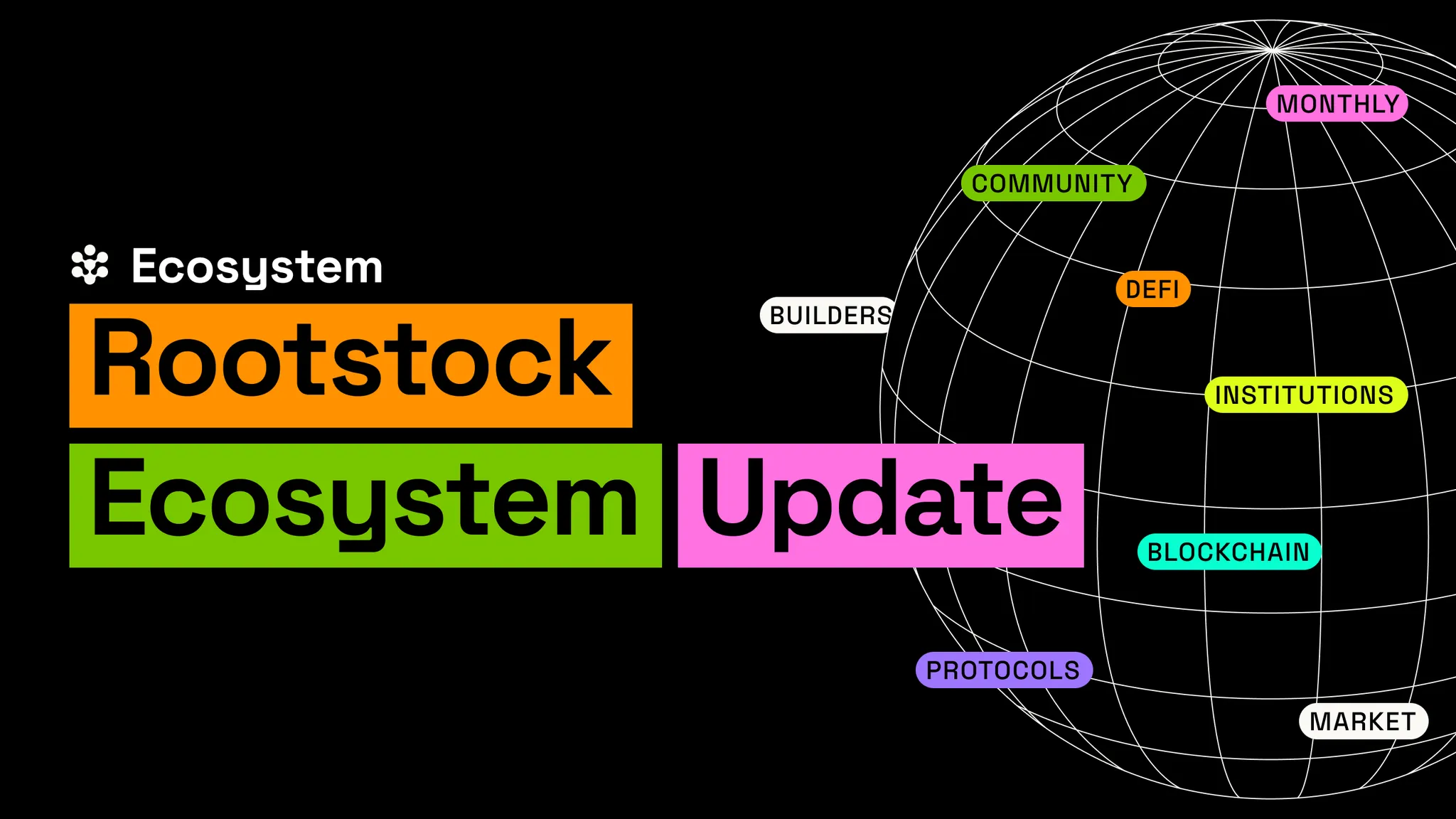The Rootstock Community is excited to launch Hacktivator 2.0; the latest evolution of the Rootstock Hacktivator Program. This initiative rewards developers and technical content creators for contributing to the growth of the Rootstock ecosystem through high-impact code or educational resources.
Whether you have an idea for a developer tool, smart contract library, or a guide that helps others navigate Rootstock, rewards are available based on the impact, originality, and quality of your submission.
In this blog post, we explore how the updated program works and how to get involved.
Explore the Hacktivator Program in detail and submit your work today!
What is the Rootstock Hacktivator Program?
The Rootstock Hacktivator Program is designed for talented community members who want to make the ecosystem stronger and more accessible for all.
Now in its 2.0 version, the program offers a broader set of contribution categories and refined criteria with an emphasis on rewarding meaningful, well-executed work.
You can contribute at your own pace. All submissions must be original, relevant to the Rootstock ecosystem, and meet the updated quality standards.
What can you contribute?
In a nutshell, you can contribute code and/or educational content:
| Code Contributions | Educational Content |
| Developer tools and infrastructure improvements | Step-by-step tutorials on how to use or build on Rootstock |
| SDK enhancements (e.g. Rust, Python, Go) | Video walkthroughs of dApps, integrations, or coding processes |
| Smart contracts and supporting libraries | Written technical guides with real-world examples |
| dApp integrations or tooling for ecosystem use cases | |
| Visual tools for on-chain voting, analytics, or UX enhancements |
Code Contributions
Given the diverse array of dApps and use cases within Rootstock, the program welcomes contributions in many forms.
Perhaps you’d like to add code to the command-line interface, making it easier for Web2 and Web3 developers alike to utilize Rootstock’s decentralized infrastructure.
Or maybe you can build tools that enrich the experience when votes are cast using ERC-20 tokens, such as graphical representations, countdown timers, or leaderboard displays.
Beyond that, there are opportunities to help Rootstock support multiple programming languages including Rust, Python, and Go as the sidechain expands the software development kits, enhancing usability and accessibility for all.
And with the Hacktivator 2.0 launch, can now submit:
1. CLI (Developer Tooling)
2. Starter Kits and Tutorials
3. RAS (Rootstock Attestation Service)
4. Multi-Language SDK Expansion
5. Visualizing RNS Token Holdings with The Graph and Alchemy
6. Voting Scoreboard
7. RUNES & MEME Giveaway Engine: A Tool for Token Airdrops
8. Meme Token Launchpad
Educational Content
Beyond coding, this program welcomes content creators who can create compelling and useful content for Rootstock newcomers and enthusiasts alike.
All written guides to tutorials are accepted as long as they showcase a working dApp, technical concept, or feature that can be implemented by Rootstock developers. Each submission must include a GitHub repository containing a README section with a clear explanation and setup instructions.
Note that educational content must include visuals, real-world use cases, and a clear structure to qualify for rewards.
Who can contribute?
Anyone with knowledge and expertise that can benefit the Rootstock community is encouraged to get involved.
Submissions will be judged based on a clear set of parameters, including
- Technical accuracy
- Relevance to the ecosystem
- Practicality
- Innovation
Bonus points for:
- Encouraging ecosystem adoption
- Providing supporting documentation
- Including visuals or interactive elements
- Delivering real-world examples
What are the rewards for contributing?
Hacktivator 2.0 has updated and streamlined the reward tiers:
Code Contributions: $50 – $1,000 USD (Depending on originality, quality, relevance, and complexity)
Educational Content:
- Blog post: $50 – $250 USD
- Written tutorial or guide: $250 – $500 USD
- Technical content: $500 – $700 USD
- Video tutorial or walkthrough: $700 – $1,000 USD
How can you get started?
As you begin to work on your contribution, take time to ensure it’s polished and compliant with Rootstock’s evaluation criteria.
Once you’re ready, you can submit your contribution using this Google Form.
The team behind the program will also ask for your name or pseudonym, and country of residence, along with your email address, wallet address, and details of the contribution you’re making. A brief description of the work, along with a link to the finished product, should also be provided.
Once the evaluation process by Rootstock community experts begins, you may be asked to make some revisions to the submission or provide additional context.
Rootstock has grown into a vibrant, bustling platform that’s bringing DeFi on Bitcoin to the masses, and it’s all thanks to people like you. The Rootstock Hacktivator Program is here to reward your efforts, and give you a greater role in the network’s future.


